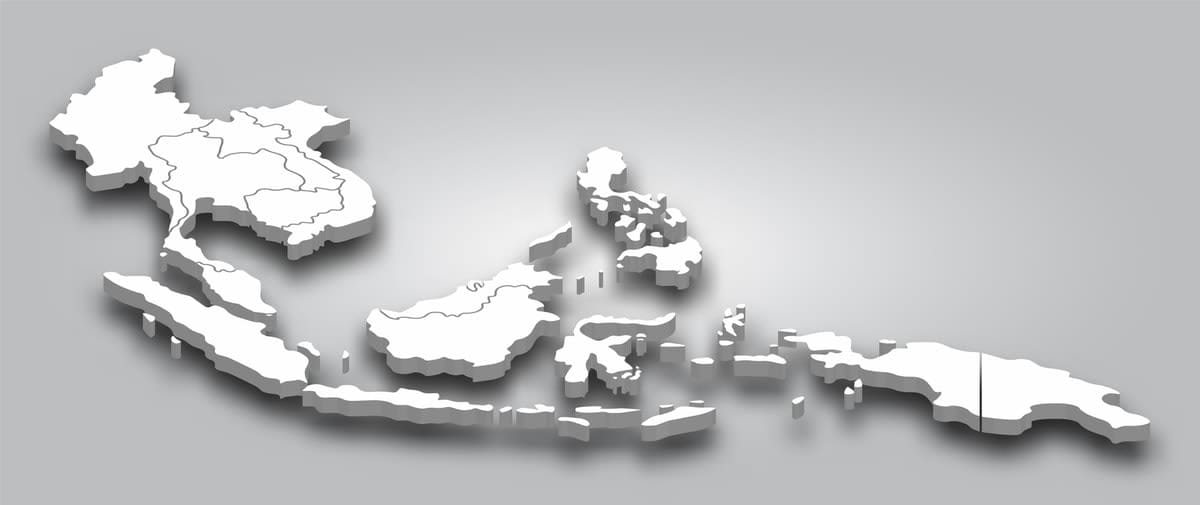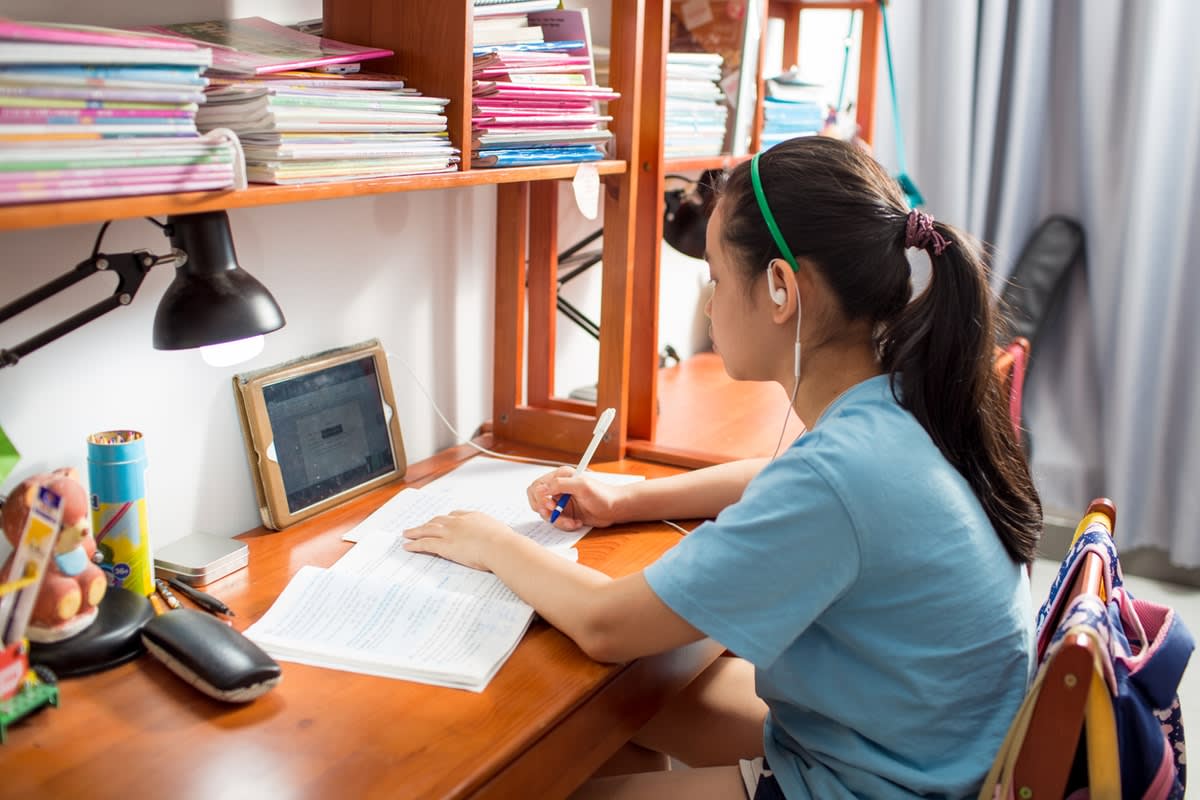
Educational leadership has never been more important than in these COVID times of acute disruption and precarity. For more than a year now, schools, universities and communities across the world have been upended, sometimes overnight, by the latest COVID news.
A school system is plunged into lockdown; teaching and learning is forced online with no time to prepare; a new COVID infection is discovered in the local community; students – or teachers – are reporting critical wellbeing issues.
Sometimes, the news has been inspiring. Teachers developing a richer repertoire of online pedagogies; unprecedented collaboration between school, parent and child; some students revelling in a less confronting online environment; agentic leaders ignoring directives for standardised practice in favour of an education that meets the needs of their particular student community.
It’s important we continue to share and reflect on stories of educational leaders in Australia responding to these situations. We can learn so much from dialogue about these experiences, and about how they’ve shaped the way we think about and “do” educational leadership, COVID or no COVID.
But what about our neighbours in the ASEAN region? How have their educational leaders and systems been faring?
A recent online forum hosted by the Monash’s Faculty of Education, “Educational leadership and COVID-19: What are we learning?”, invited educational leaders from across the ASEAN region to share their experiences and insights. Participants from Indonesia, Vietnam, Singapore, the Philippines, Brunei, Malaysia and Australia reflected on some of the challenges and triumphs of leading their particular education communities, and they identified some key lessons from their experiences. Here, we share some highlights from these reflections.

The Philippines
At the time of the forum, the Philippines was experiencing an alarming new wave of COVID cases. According to Dr Bert Tuga from the Philippine Normal University (PNU), the National Center for Teacher Education, the pandemic posed three national challenges: COVID health and safety; learning continuity across all sectors of education; and the ongoing flow of products and services.
Dr Tuga explained that education in the Philippines was acutely impacted by institutional closures and lockdowns, inequalities of student access to remote learning technology, and potentially lagging policies and systems.
The pandemic pulled back the curtain on inequalities, fragile systems, and potentially limited frameworks as points of reference for leaders. Educational leadership in this context became synonymous with flexibility, continuity and crisis support.
Dr Tuga’s institution sought to model innovative leadership through developing flexible modalities for learning, and establishing multiple online wellbeing forums for faculty, students, community and other stakeholder groups.
Brunei
While the Philippines, like Indonesia, was dealing with a new wave of cases, Brunei and Vietnam were grateful they had been COVID-free for some time.
Dr Roslynn Roslan from the Sultan Hassanal Bolkiah Institute of Education (SHBIE), Universiti Brunei Darussalam (UBD), said she and her leadership colleagues had tried, during the periods of greatest uncertainty, to maintain a balance between responding to local institutional needs, the needs of their own community, and implementing government mandates.
Significantly, Dr Roslan’s institution in Brunei had introduced a major policy change within the first week of the COVID-19 cases being reported in that country, demonstrating what the literature describes as agile leadership in the face of COVID.
Leaders’ active support of collaborative ventures encouraged staff volunteers to provide workshops in online teaching, for immediate colleagues, and wider networks of teachers in schools.
Dr Roslan emphasised that this collaboration was underscored by “compassion, and a process of continuous reflection”.
Vietnam
In Vietnam, the approach to the pandemic was strongly grounded in what Professor Tuan Huynh, from Vietnam National University, described as unified “national beliefs”, “tenacity”, and “patriotism”. Political and educational leadership worked hand in hand, he said, in what the Vietnamese government and people framed as a “war on the enemy of COVID-19”.
Professor Huynh spoke of the importance of collectivism in Vietnam in the war against COVID. The approach of “joining hands for the community” prompted philanthropists, social organisations and corporate groups to offer resources and support for teachers, students and families.
The tenacity in the face of the pandemic produced innovations such as rice ATMs, and face mask ATMs emerged in response to community needs.
It was evident, too, in the story of Lầu Mí Xá, a H’Mong ethnic minority student living in the northern mountainous province of Hà Giang. Unable to return to school, and struggling with unstable connectivity, he built a shack on the face of a mountain that enabled him to connect to 4G, and complete his school studies online.
Malaysia
For Roger Schultz, head of The Alice Smith School in Malaysia, the pandemic has reinforced what meaningful learning really is, and the importance of the quality of relationships and personal connections between students, teachers, parents and families.
Schultz shared his gratitude for the joint response across the school community. He noted that “teachers have committed their time and efforts to inspire, understand, connect, guide and care for our students. Parents have been very supportive at home with online learning, supporting the efforts of teachers, and encouraging both their children and their teachers during this challenging journey.”
Australia
In Australia, the journey has felt more like individual states struggling against COVID than a nation galvanised, as waves were managed separately.
In Victoria, as in ASEAN nations, schools were also subject to lockdowns and remote learning throughout 2020, but the unprecedented nature of the pandemic shifted school leaders’ priorities from top-down to ground-up, and from external modelling to internal problem-solving.
Read more: Leading schools for the future: Lessons learned from the COVID lockdown
These shifts were visible in approaches to professional learning, where educators focused their work on the most pressing needs of students’ wellbeing and peer support for online teaching.
In a year without the nationally-mandated NAPLAN testing, school leaders seized the opportunity to step back from promoting standardised approaches to education, and concentrated instead on the relational work of education, supporting individual students’ needs and supporting families. School principals have been seen as both sources of reliable local information and leaders of a community that stretched beyond school boundaries.

Indonesia
Dr Nikmah Nurbaity, head of Educational Office Branch 8, Central Java, Indonesia, also recognised this shift to community leadership in her country.
While the Ministry of Education developed nationwide policies, including technology initiatives, to promote student wellbeing and independent learning, it often fell to school leaders to implement these policies in nuanced ways. Across hundreds of islands of Indonesia, they coordinated relationships with local families and communities to manage the transitions in and out of lockdown.
What are the ASEAN lessons?
What are we learning about educational leadership in the ASEAN region during COVID-19?
1. First and foremost, education leaders have prioritised attempts to ensure learning continuity for the young people in their care, and the professionals who teach them.
2. These leaders have needed tenacity and courage to lead and make decisions for their students and their broader community, often despite lagging policies from national policymakers.
3. Educational leaders have tended to respond to society’s trust in them with compassion. Sometimes, the compassion is behind robust challenges of inequity. Sometimes, it prioritises the provision of resources for teachers and their professional learning. Compassion looks for sustainable ways to support the wellbeing of young people and the teachers who teach them.
4. Lastly, no matter what the dominant politics or ideology of different countries in the region, this focus on sustainability is supported by a form of collectivism, a valuing of social networks and professional communities.
Whether we’re struggling to overcome escalating COVID cases, or fighting to stay COVID-free, educational leaders in the ASEAN region continue to learn about the village that it takes to raise a child.
In a world forever scarred by COVID, we’re now appreciating that elements of education in that village may be transformed, but some fundamental values of our common humanity to, and with, each other must endure.
Professor Tuan Huynh is Dean of the Graduate Studies Faculty, the University of Languages and International Studies (Ulis), at Vietnam National University (VNU), Hanoi. Dr Roslinawati Mohd Roslan is Assistant Professor and Deputy Dean (Academic) in the Sultan Hassanal Bolkiah Institute of Education, Universiti Brunei Darussalam. Dr Bert J. Tuga is President of the Philippine Normal University, the National Center for Teacher Education. Dr Nikmah Nurbaity is Head of Educational Office Branch 8, Central Java, Indonesia, with oversight of 200 high schools in the region. Roger Schultz is Head of the Alice Smith School, a British International school on two campuses in Kuala Lumpur, with more than 1500 students from 40-plus different nations.





